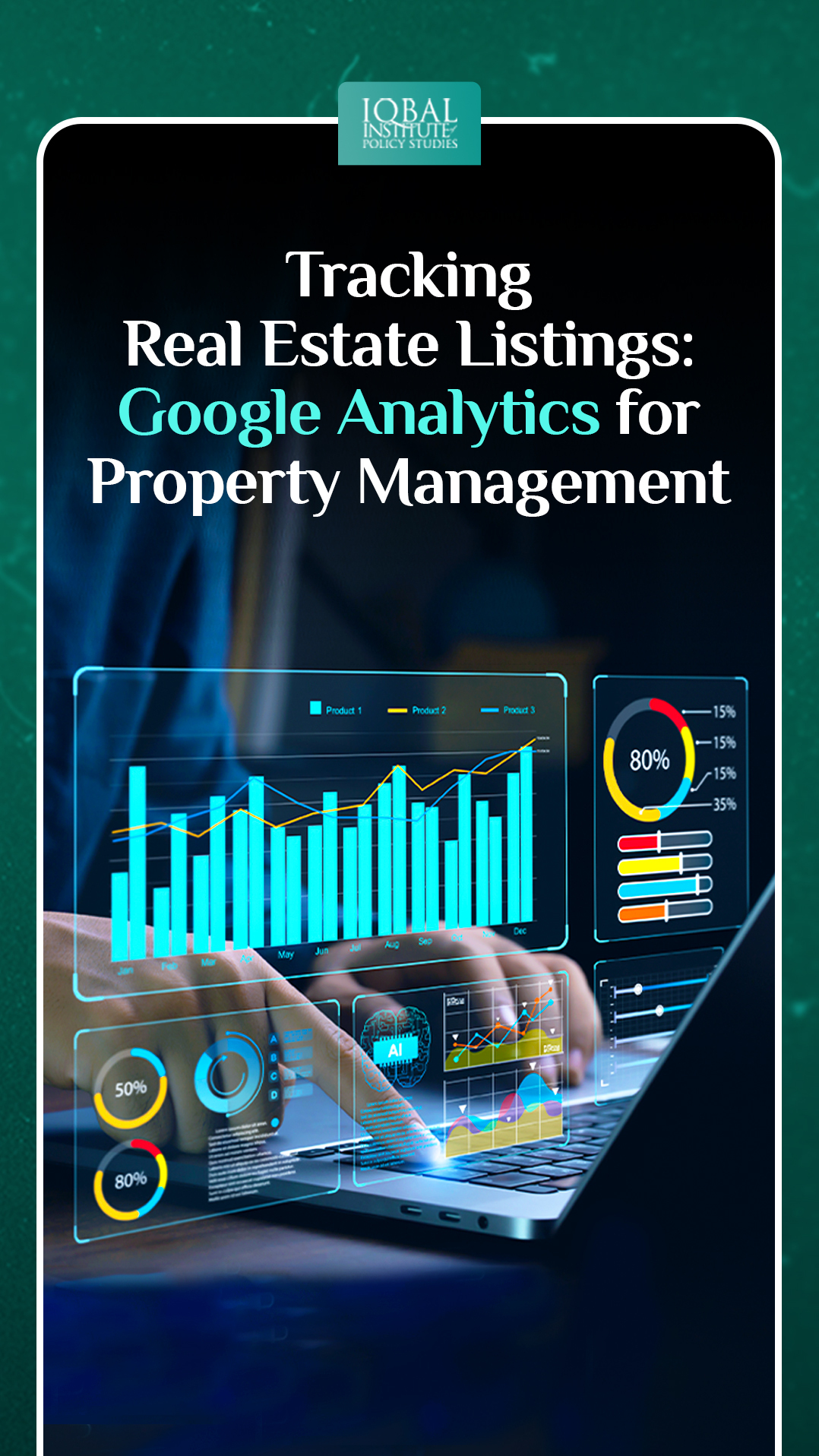The real estate industry is a dynamic and competitive space, with property management companies constantly seeking innovative ways to stand out in the market. In this digital age, online presence is crucial for attracting potential tenants and buyers. Google Analytics, a robust web analytics tool, can be a game-changer when it comes to tracking real estate listings, understanding user behavior, and optimizing your property management strategies. In this comprehensive blog, we will explore how property management professionals can harness the power of Google Analytics to make data-driven decisions and improve their online property listings.
Understanding the Role of Google Analytics in Property Management
Tracking Website Traffic
Google Analytics allows property management companies to gain valuable insights into the traffic their property listings generate. You can track the number of visitors, page views, and bounce rates. This information helps you understand which listings are attracting the most attention and which ones might need improvement.
User Behavior Analysis
Beyond basic traffic data, Google Analytics provides in-depth user behavior analysis. You can see how long users stay on a listing page, which properties they view, and if they move on to inquire or contact your company. This data is invaluable for identifying user preferences and optimizing your listings accordingly.
Conversion Tracking
Conversion tracking in Google Analytics allows you to measure the effectiveness of your call-to-action (CTA) buttons and lead generation forms. You can see how many users submit inquiries or request property tours, enabling you to fine-tune your listing elements for better conversion rates.
Setting Up Google Analytics for Real Estate Listings
Before diving into tracking your real estate listings, you need to set up Google Analytics for your property management website. Here’s a step-by-step guide:
Step 1: Create a Google Analytics Account
Visit the Google Analytics website and sign in with your Google account.
Click on “Start for free” to create a new account.
Follow the prompts to provide your website details and generate your tracking code.
Step 2: Install the Tracking Code
Copy the tracking code generated by Google Analytics.
Insert the tracking code into the HTML of your website. It should be placed just before the closing </head> tag on every page of your website.
Step 3: Set Up Goals and Events
In your Google Analytics account, navigate to the “Admin” section.
Under the “View” column, click on “Goals” to set up goals that align with your real estate objectives. For example, you can create a goal for lead form submissions.
Implement event tracking for important actions like clicking on a “Contact Us” button or viewing a property tour video.
Leveraging Google Analytics for Real Estate Listings
Now that your Google Analytics setup is complete, let’s explore how you can make the most of this tool for tracking real estate listings and improving your property management strategies.
Identify High-Performing Listings
Use Google Analytics data to identify the listings that are generating the most traffic, engagement, and conversions. Focus your marketing efforts on promoting these properties or consider replicating their successful features in other listings.
Optimize Property Descriptions and Images
Analyze user behavior to see which elements of your property listings are resonating with your audience. Are users spending more time on listings with detailed descriptions or high-quality images? Use this feedback to enhance your property listings.
Monitor Mobile Traffic
With the increasing use of mobile devices for property searches, it’s crucial to track mobile traffic on your site. Google Analytics provides insights into the devices your visitors use. Ensure that your website and property listings are mobile-friendly for a seamless user experience.
Improve User Experience
High bounce rates or short session durations may indicate that users are not finding what they’re looking for. Use Google Analytics to identify weak points in your user experience, such as slow-loading pages or confusing navigation, and make necessary improvements.
A/B Testing
Implement A/B tests on different elements of your property listings, such as CTA buttons, images, or property descriptions. Google Analytics can help you measure the impact of these changes on user engagement and conversion rates.
Geo-Targeting
Leverage geolocation data to understand where your website visitors are coming from. This can help you tailor your listings and marketing efforts to specific geographic regions or demographics.
Conclusion
Google Analytics is a powerful tool for property management companies looking to enhance their online real estate listings. By tracking website traffic, analyzing user behavior, and optimizing your listings based on data-driven insights, you can improve your chances of attracting potential tenants and buyers. In the competitive real estate market, staying ahead requires staying informed and adapting to the evolving needs of your audience. So, embrace the capabilities of Google Analytics and watch your property management strategies reach new heights in the digital landscape.
This article is written by Radma Nouman. Radma is a research analyst at the Iqbal Institute of Policy Studies (IIPS).



Leave a Reply